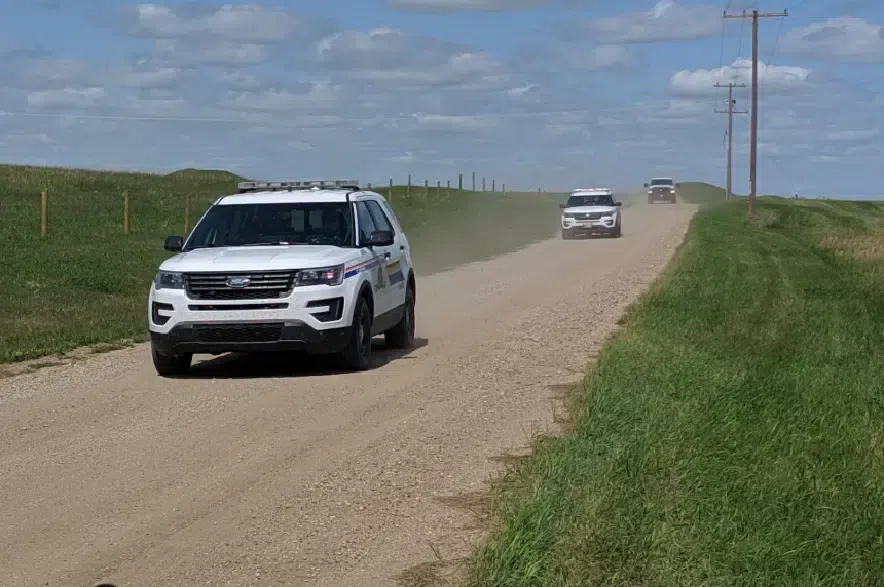An organization representing rural municipalities across the province is highlighting issues with rural crime as Saskatchewan’s election campaign continues.
The Saskatchewan Association of Rural Municipalities (SARM) said electoral priorities vary across different RMs, but every one of them is concerned about the impacts of rural crime. Crime in rural areas is especially challenging, the association noted, due to the wide geographical distances, limited police resources, emergency response times that can stretch up to an hour, and reduced access to specialized services.
Bill Huber, SARM’s acting president, said the issues haven’t gone away.
“Rural Saskatchewan continues to grapple with a wide range of issues, from property crimes to traffic enforcement, all while balancing the needs of its diverse communities,” Huber said in a statement.
According to SARM, farmers in the province often experience thefts of fuel, machinery and parts, which can mean big financial losses and higher insurance costs.
“Meanwhile, RCMP officers must cover long distances to track down offenders and recover stolen items, in addition to preparing extensive paperwork for court cases,” the association explained.
“Despite their efforts, penalties for crimes like theft and vandalism tend to be minimal, often leading to repeat offenses. Current fines and convictions do little to deter reoffending.”
Huber said his organization is pushing the provincial government for more support, including more officers on the ground and tougher penalties.
“We also call for increased efforts to address the root causes of crime, such as issues stemming from mental health and addictions,” Huber said.
Policing is already becoming an election issue in the province, with Scott Moe’s Saskatchewan Party planning to create a new provincial police force – the Saskatchewan Marshals Service – in order to help fill gaps in policing in the province, especially in rural areas. The government has already laid the groundwork for the new police force, which is expected to be up and running in 2026 with 70 officers and an annual cost of about $20 million.
That plan has come under criticism from both the RCMP union and the Saskatchewan NDP.
NDP leader Carla Beck says if her party forms government after the October 28 election, she will scrap the plan for the marshals service and instead hire 100 new officers – both Mounties and municipal police – while also funneling money from the planned marshals service to pay for increased addictions treatment and mental health services.
In addition to rural crime and policing, SARM said its election priorities include infrastructure, health care, and agriculture.











